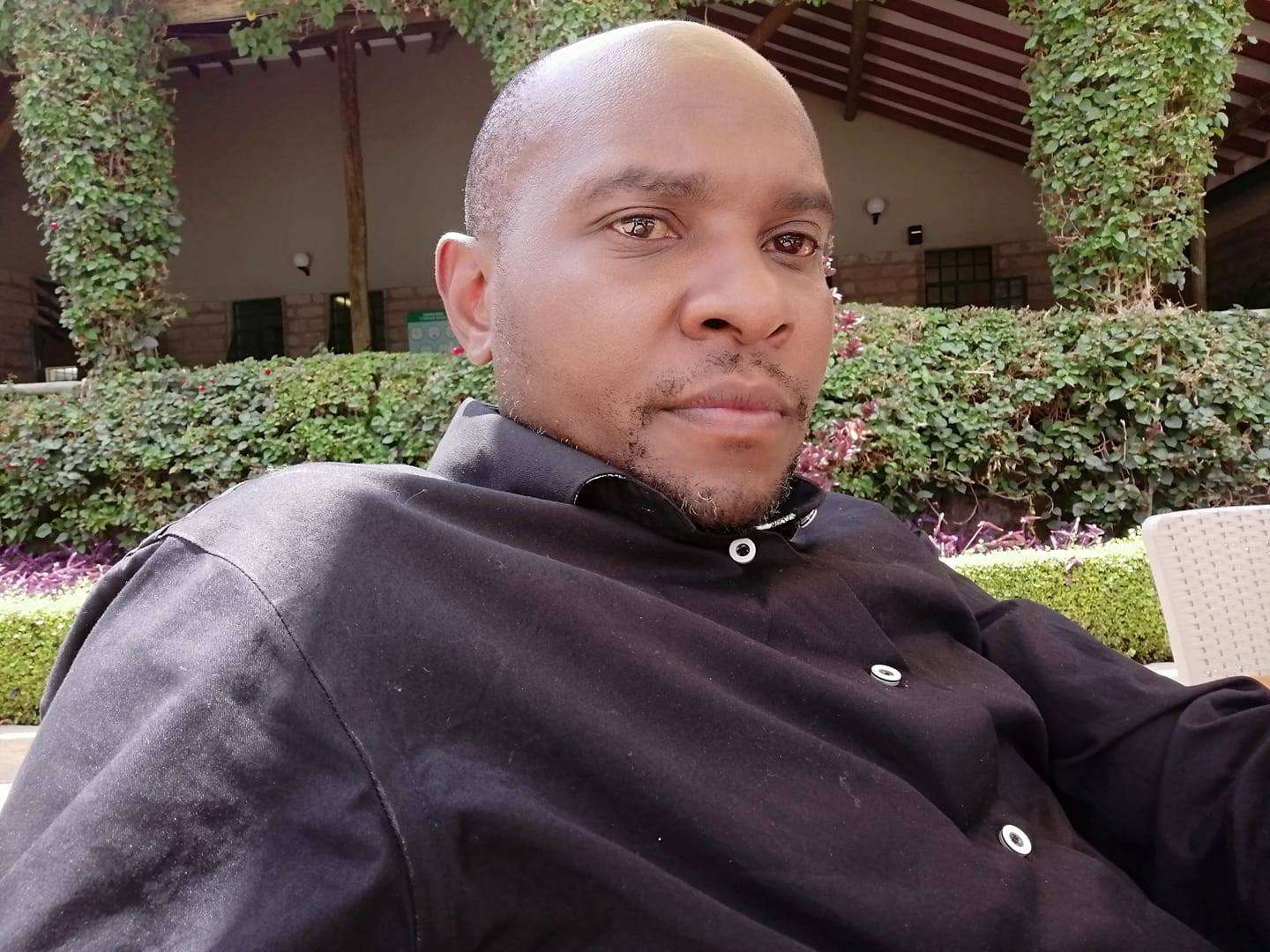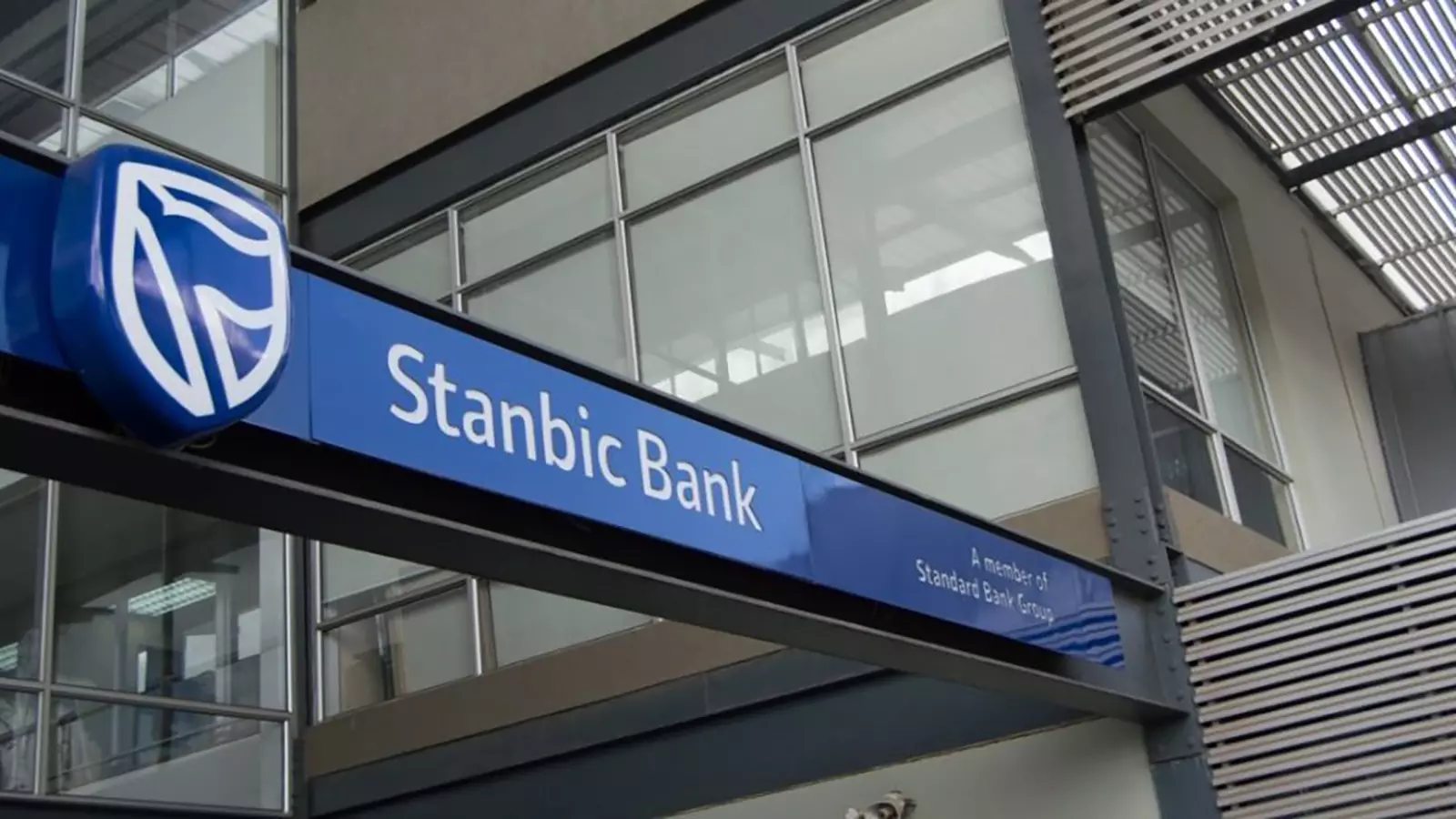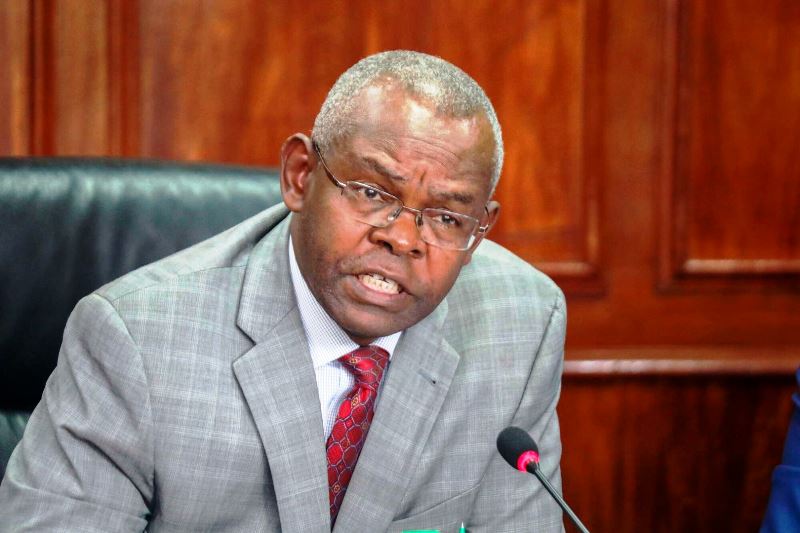By The Weekly Vision Reporter
The once-thriving Gusii Mwalimu Sacco has of late experienced significant financial setbacks, with the most recent one being a Ksh. 968,000 counterclaim loss in court against a former employee named Benard Kibagendi Makori. Mr Kibagendi sued Sacco on June 8, 2023, claiming to have been dismissed from his contract unfairly. The case was heard on February 8, 2024, March 18, 2024, April 18, 2024, and May 6, 2024, where Mr Kibagendi and four witnesses called by Sacco testified.
A letter issued on October 3, 2019, communicated Kibagendi’s interdiction from employment. The interdiction was a consequence of his alleged unapproved creation of an ATM card for a member who had not submitted an application for the card. During the hearing, Kibagendi stated that he had been coerced into making the admission by the chair and other members of the Sacco’s board. Fearing potential repercussions, he refrained from disclosing the names of the chair and/or board members who had pressured him to accept responsibility.
Furthermore, in an unusual turn of events, Sacco’s board appealed for a counterclaim of Kshs 958,000/- from Kibagendi. This counterclaim was formally lodged in court on July 10, 2023, well over 3 years after Kibagendi’s purported acceptance of responsibility. The ruling reads, in part, “The counterclaim is dismissed with costs.”
The counterclaim was a reactionary measure taken by the board once they realized that Kibagendi had uncovered their fraudulent schemes to embezzle sacco funds. The fact that the board waited for three years before initiating the counterclaim raises the question of their motives and intentions. Kibagendi is presently pointing an accusatory finger at Board chairman David Ogega, claiming that he misled CEO Jared Makori into initiating a counterclaim against him three years after his services were unfairly terminated.
According to Kibagendi’s account, the CEO is merely a marionette controlled by the board and holds no sway in the management of Isaac’s affairs. He has endured duress, intimidation, and the constant threat of being fired if he did not conform or oppose the board’s deceitful methods of looting sacco funds.
According to sources within the Sacco, it has been reported that Makori has been unsuccessful in adapting to the significant responsibilities left by his predecessor, leading the board to consider his resignation in order to recruit a more capable CEO. However, upon further examination, it has been discovered that the strained relationship between the CEO and the board is a consequence of the CEO’s refusal to participate in fraudulent activities that could potentially lead to the misappropriation of SACCO funds.
According to credible sources, there are advanced discussions underway to appoint Nicholas Osoro, the Deputy CEO, as the successor to the current CEO (Makori). These sources indicate that Osoro maintains a close alliance with the board chairman and has exhibited a willingness to cooperate. Moreover, it has been discovered that the chairman favours assigning responsibilities directly to Osoro, bypassing the involvement of the CEO.
It is of utmost importance to emphasize that although it is alleged that money has been lost through the illicit production of ATM cards by Kibagendi, the board has not provided any information regarding the exact amount of the losses. There are suspicions that the board is engaging in fraudulent activities to unlawfully profit from the insurance.
Furthermore, now that the court has thrown out the Kshs 958,000 counterclaim, does this mean that the Sacco members will have to bear the loss, or will the insurance company once again be required to provide coverage? Sacco has been dealing with significant financial difficulties, particularly about the unjust termination of employees on flimsy grounds. According to Kibagendi, employees who uphold professional ethics and refuse to engage in corrupt practices with the board are singled out and dismissed without compensation. Kibagendi also mentioned that he was targeted to facilitate the hiring of a relative of one of the board members.
Kibagendi further reveals that his dismissal from his job was a direct consequence of his refusal to partake in corrupt practices. The board had insisted that he procure ATM cards to withdraw money from members’ accounts and hand over the funds to them. Nevertheless, when he declined, he was falsely implicated and subsequently terminated.
In addition, he maintains that he is fully aware of an ongoing ATM racket, wherein the board engages in ATM fraud to generate illicit profits without the knowledge of its members. These ill-gotten gains are then either presented to the members as losses or claimed from the insurance company for reimbursement. However, the truth of the matter is that this collaboration between the board and the staff constitutes nothing more than a blatant act of theft.
According to Kibagendi’s interview with the writer, Gusii Mwalimu Sacco is described as a cash cow that the board exploits by engaging in various fraudulent activities to embezzle the funds contributed by its members.





